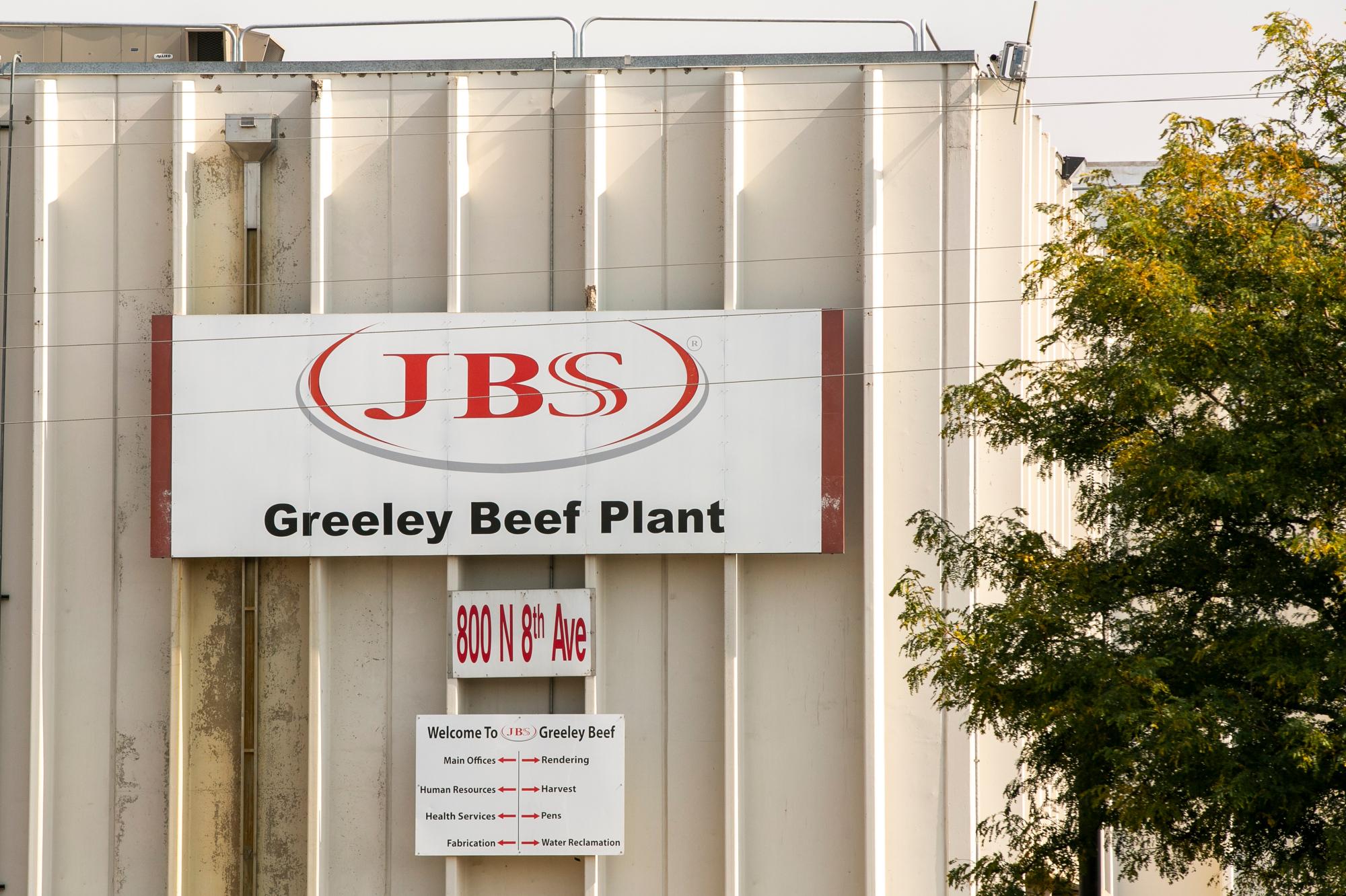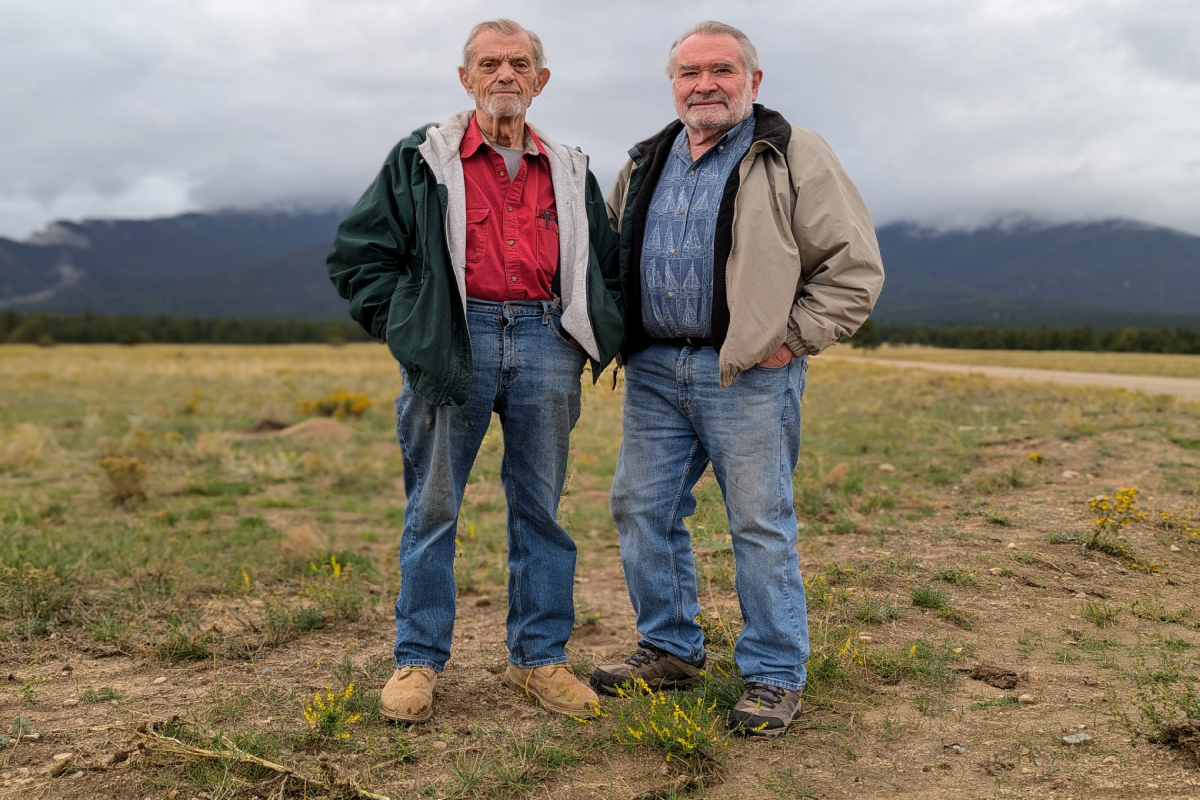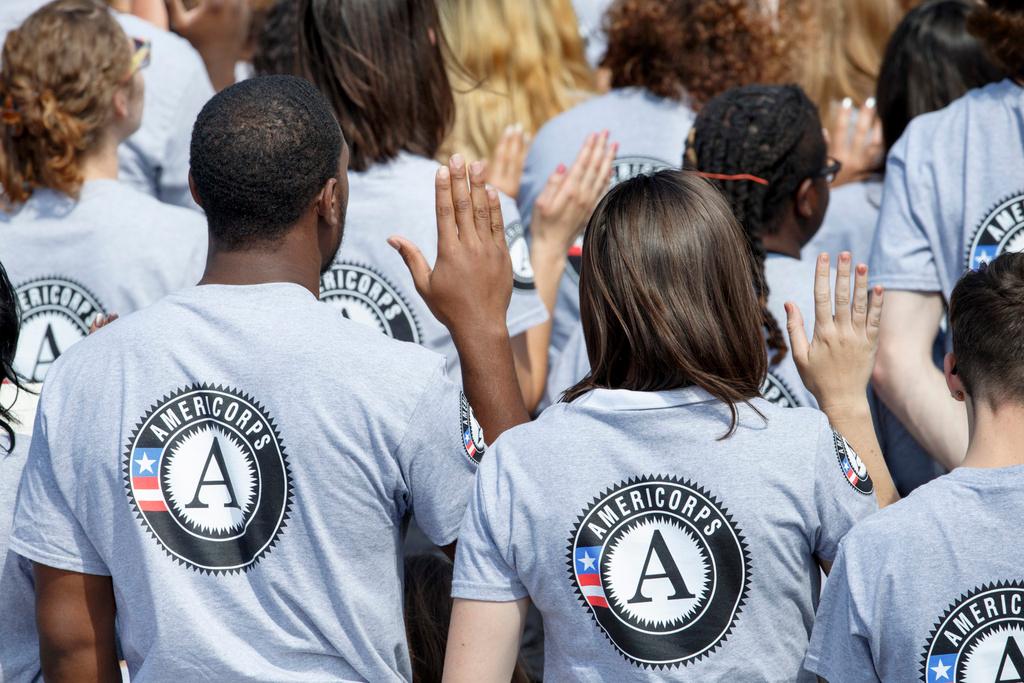
The coronavirus respite at a Greeley meatpacking plant did not last long.
Just more than a month after one of the state’s most serious workplace outbreaks was declared resolved, the JBS plant is once again confronting a COVID-19 outbreak among its plant workers, according to a statewide outbreak report released Wednesday by the Colorado Department of Public Health and Environment.
The new outbreak, which began Nov. 17, first appeared on last week’s report with 20 confirmed infections. That grew over the past week to at least 32 workers at JBS, all of whom have lab-confirmed cases of the illness caused by the coronavirus.
The slow growth indicates that the virus may not be sweeping unchecked through the plant as it did in the spring. That outbreak, which began April 3 in the massive plant, eventually sickened 292 workers who had confirmed cases of the disease and another three who were suspected of having it, but not confirmed.
It took six and a half months to resolve. Six JBS workers in the plant died from COVID-19 and a seventh, in the corporate office, also died.
Kim Cordova, president of United Food and Commercial Workers Local 7, said she has been watching the third wave of COVID-19 infections in Colorado with concern, worried that the virus would once again reach her union members in Greeley.
“We're really worried about things turning deadly again," said Cordova, who is also an international vice president for the UFCW union. “These workers don't have opportunity for social distancing ... They don't have control over it."
Cameron Bruett, head of corporate affairs and sustainability at JBS, said in an email, "We conduct random, routine surveillance testing at our facilities on a weekly basis to identify any potential virus introduction into our facilities."
Cordova, whose union represents about 3,000 workers in the plant, credited JBS with taking some steps to protect workers recently. Among them, she said the company started to put older workers with pre-existing conditions on paid leave to keep them out of the plant once the virus was detected again.
“I do think JBS, once they got some new cases in the plant, the company did make moves quicker to at least move the at-risk employees,” Cordova said.
Bruett said the company first removed vulnerable employees in March, paying them salary and benefits, and that overall about 10 percent of the workforce in Greeley has been under that arrangement at some point. Some have returned after coronavirus cases subsided in the community, and the employees passed a physical.
The plant is one of several nationwide in the meatpacking industry to have had outbreaks, making the industry a symbol of COVID-19’s impact on frontline workers, many of whom are older immigrants to the U.S.
The plants provide the nation’s meat, making widespread shutdown a national security issue. And workers on the line stand close together to efficiently process the cattle carcasses, making infection control a challenge.
At one point Vice President Mike Pence became involved, promising testing resources to the plant. But while all employees were eventually subjected to temperature screenings to check for fevers before entering the plant, there was not universal testing, and Cordova said that is still the case now.
JBS responded to the Greeley outbreak in the spring with a brief shutdown of operations to clean the plant, install shields, stagger schedules in the lunchroom and put more emphasis on infection control for the staff.
It wasn’t enough, according to the federal Occupational Safety and Health Administration. That agency fined JBS nearly $16,000 for failing to protect workers, an amount the union considered paltry.
The initial outbreak on the main floor of the Greeley plant was finally declared over on Oct. 20. The corporate offices of JBS had their own second outbreak begin the day before that. So far, 38 people in the corporate offices have contracted COVID-19 as part of this new wave of infections, according to the latest CDPHE report.
CPR News Director Rachel Estabrook contributed to this report.








